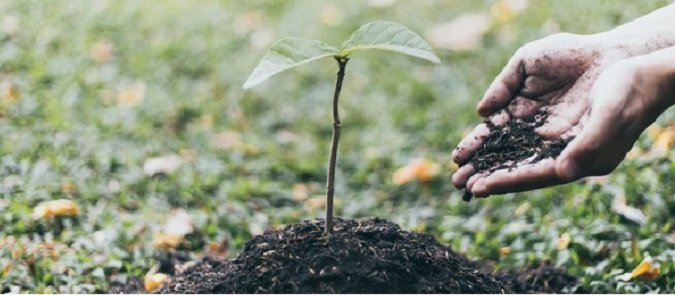Cabinet approves computerisation of PACS
The initiative will serve the purpose of financial inclusion and strengthening service delivery to farmers
The Cabinet Committee on Economic Affairs (CCEA) chaired by Prime Minister Narendra Modi has approved computerisation of Primary Agricultural Credit Societies (PACS) with the objective of increasing their efficiency and bringing transparency and accountability in their operations. This project proposes computerisation of about 63,000 functional PACS over a period of five years with a total budget outlay of Rs 2516 crore and the government’s share of Rs 1528 crore.
PACS constitute the lowest tier of the three-tier Short-term cooperative credit (STCC) in the country comprising of around 13 crore farmers as its members, which is crucial for the development of the rural economy. PACS account for 41 per cent (3.01 crore farmers) of the KCC loans given by all entities in the country and 95 per cent of these KCC loans (2.95 crore farmers) through PACS are given to the small and marginal farmers.
Computerisation of PACS, besides serving the purpose of financial inclusion and strengthening service delivery to farmers, will also will become a nodal service delivery point for various services and provision of inputs like fertilisers, seeds etc. The project will help in improving the outreach of the PACS as outlets for banking activities as well as non-banking activities apart from improving digitalisation in rural areas.
The initiative will serve the purpose of


